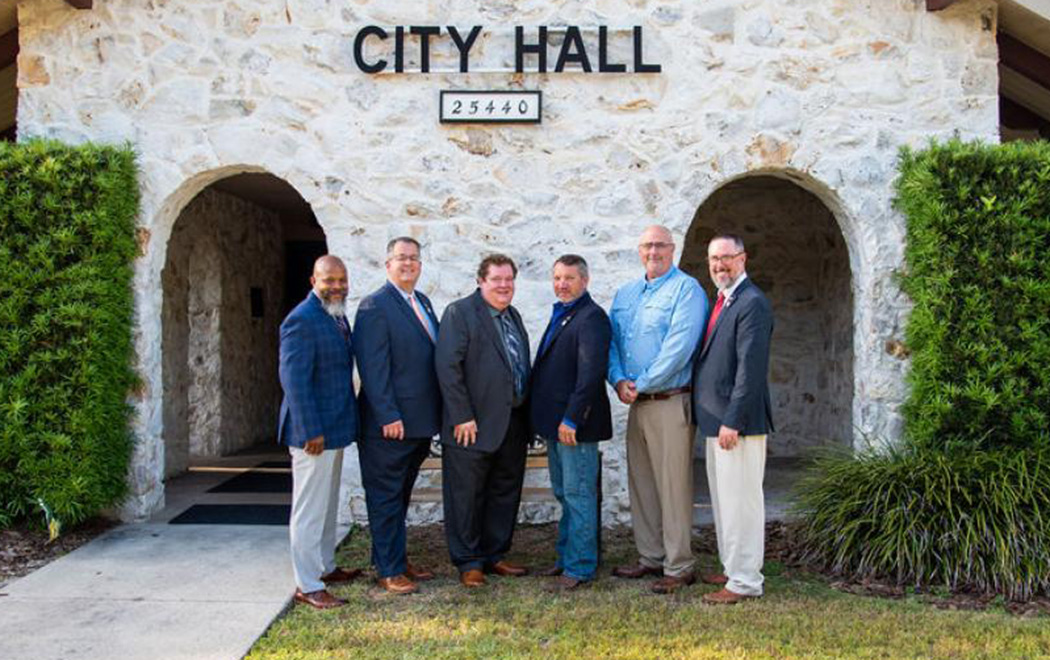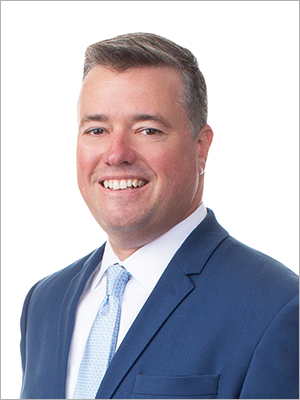NEWBERRY ‒ A 50-year-old Newberry man was arrested on Sunday, Aug. 4, 2024, on a warrant for allegedly using “movie prop” money to buy goods at several locations, including receiving cash as change.
On July 31, 2024, an Alachua County Sheriff’s Deputy responded to the Circle K at the intersection of Newberry Road and Southwest 250th Street in Newberry, where the manager said she had found a pack of four $20 bills imprinted with the words, “For Motion Picture Purposes.” The deputy reported that there are multiple indications on the bills that “it should be very evident that the items are prop currency and not to be used as legal tender.”
The investigation found that Avery Donnell Hopkins had purchased a beer and a pack of cigarettes and paid for them with one of the fake $20 bills. About five minutes later, he allegedly returned to the counter and asked the clerk if she had four $10 bills to make change. She explained that she does not keep $10 bills in the drawer, but gave him eight $5 bills in exchange for two more of the fake $20 bills. According to the deputy’s report regarding the store video, it can be seen that the clerk did not inspect any of the bills when she took them.
The manager reportedly recognized Hopkins as a regular customer and identified him when she saw the video. The deputy was also able to identify him from a January 2024 jail booking photo.
While investigating this case, the deputy also responded to the Subway at 24208 W. Newberry Road, where the manager said a man had come in on July 28, 2024, ordered six cookies, paid with a $50 movie prop bill and received $48.30 in change. He allegedly came back about an hour later, ordered a sandwich, paid for it with another $50 fake bill, and received $43.02 in change. While an employee made his sandwich, he allegedly took a $5 bill from the tip jar and put it in his pocket.
Hopkins has been charged with four counts of passing a counterfeit bill, four counts of engaging in fraud to obtain property under $20,000, and five counts of theft.
Hopkins has a criminal history that includes 10 felony convictions, one of which was violent, and six misdemeanor convictions, one of which was also violent. He previously served a three-year state prison sentence and was released in January 2022. In January 2024, Hopkins was charged with exploitation of an elderly person, grand theft, and fraudulent use of a debit card, although that case does not currently appear in the court system.
Bail was set at $115,000 by Judge Susan Miller-Jones.
# # #
Email cwalker@
alachuatoday.com
Add a comment







 Private bankers are expertly equipped to help manage wealth and everyday banking needs, including developing a financial plan focused on supporting a client’s goals. As a private banker, Bechtol serves as the primary point of contact for his clients, supplying comprehensive financial guidance to address a full spectrum of needs. Bechtol is based at the Capital City Bank Millhopper Office at 4040 N.W. 16th Blvd. in Gainesville.
Private bankers are expertly equipped to help manage wealth and everyday banking needs, including developing a financial plan focused on supporting a client’s goals. As a private banker, Bechtol serves as the primary point of contact for his clients, supplying comprehensive financial guidance to address a full spectrum of needs. Bechtol is based at the Capital City Bank Millhopper Office at 4040 N.W. 16th Blvd. in Gainesville.